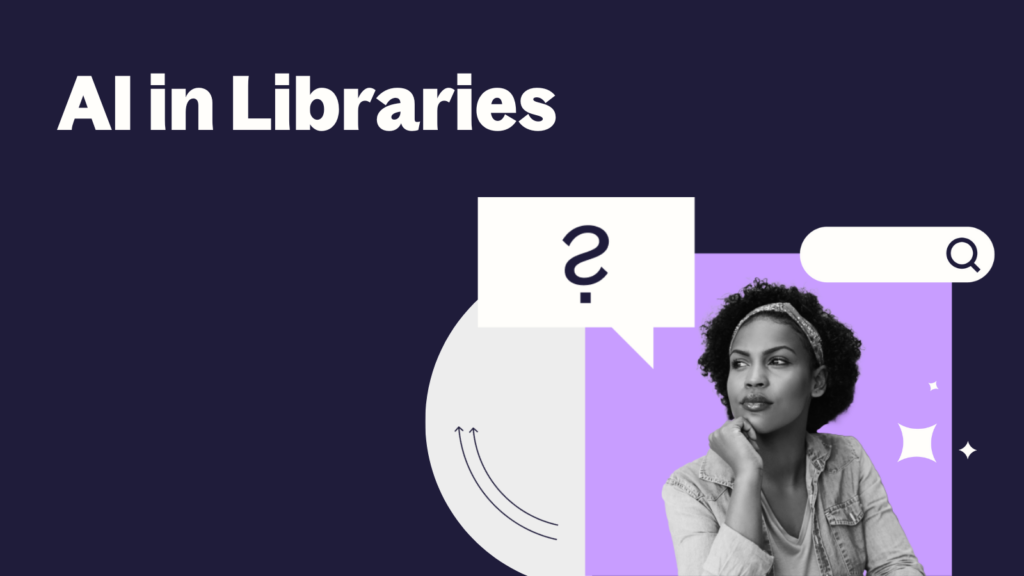At Technology from Sage we believe that the right technology can remove barriers to knowledge. We recently launched an AI in Libraries feature to round-up the latest AI developments for academic librarians.
Read on for March’s edition, collated by Rajeh Shaikh, Product Manager at Sage.

Oxford University has launched an exciting new five-year collaboration with OpenAI to enhance research and education. This partnership will provide students and faculty with access to different AI tools, including OpenAI’s advanced models, along with research grants and enterprise-level security. One of the initiatives is to digitize Oxford’s historical collections, including thousands of dissertations from the Bodleian Library, and exploring AI’s impact on education and global challenges such as health and climate change. This collaboration is also part of the NextGenAI consortium, where OpenAI is investing $50 million to support innovation in education and research.
Read more about the collaboration.
University libraries in Zimbabwe are facing growing ethical challenges as they are starting to integrate AI into higher education. A recent study highlights the concerns surrounding privacy, intellectual property, and job security, as AI transforms teaching and learning environments. Interviews with librarians and academics reveal that many institutions are still in the early stages of AI adoption and lack clear policies to address these issues. Among the main concerns are transparency, data security, and the potential for plagiarism detection issue.
Yale University Libraries are focusing on AI as a key priority for the next five years, aiming to leverage its potential to enhance access to the university’s extensive collections. Barbara Rockenbach, the reappointed University Librarian, emphasize the importance of digitization and AI in making Yale’s archives more accessible. With ongoing digitization efforts and AI tools already supporting collection management, the library plans to expand AI’s role in guiding students and faculty through its resources. Rockenbach views AI as a new form of literacy, enabling deeper engagement with digital content.